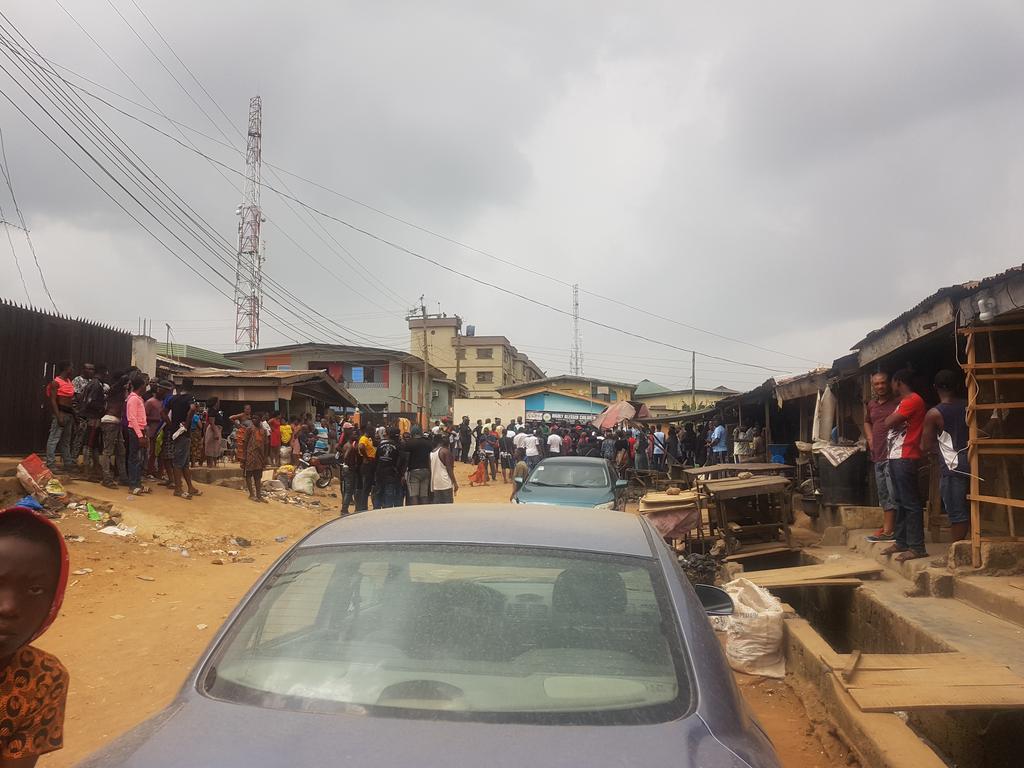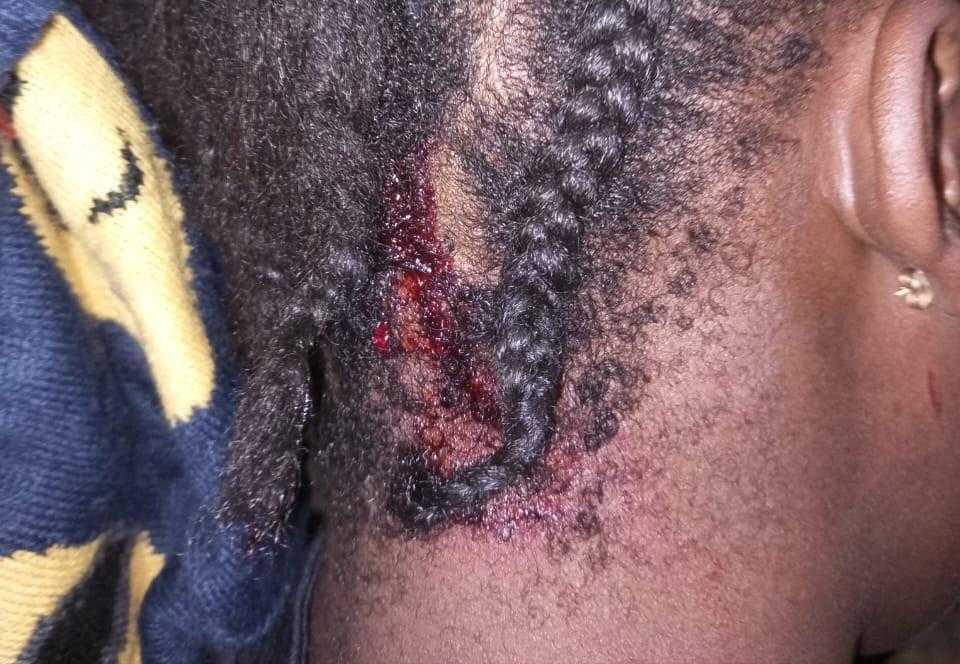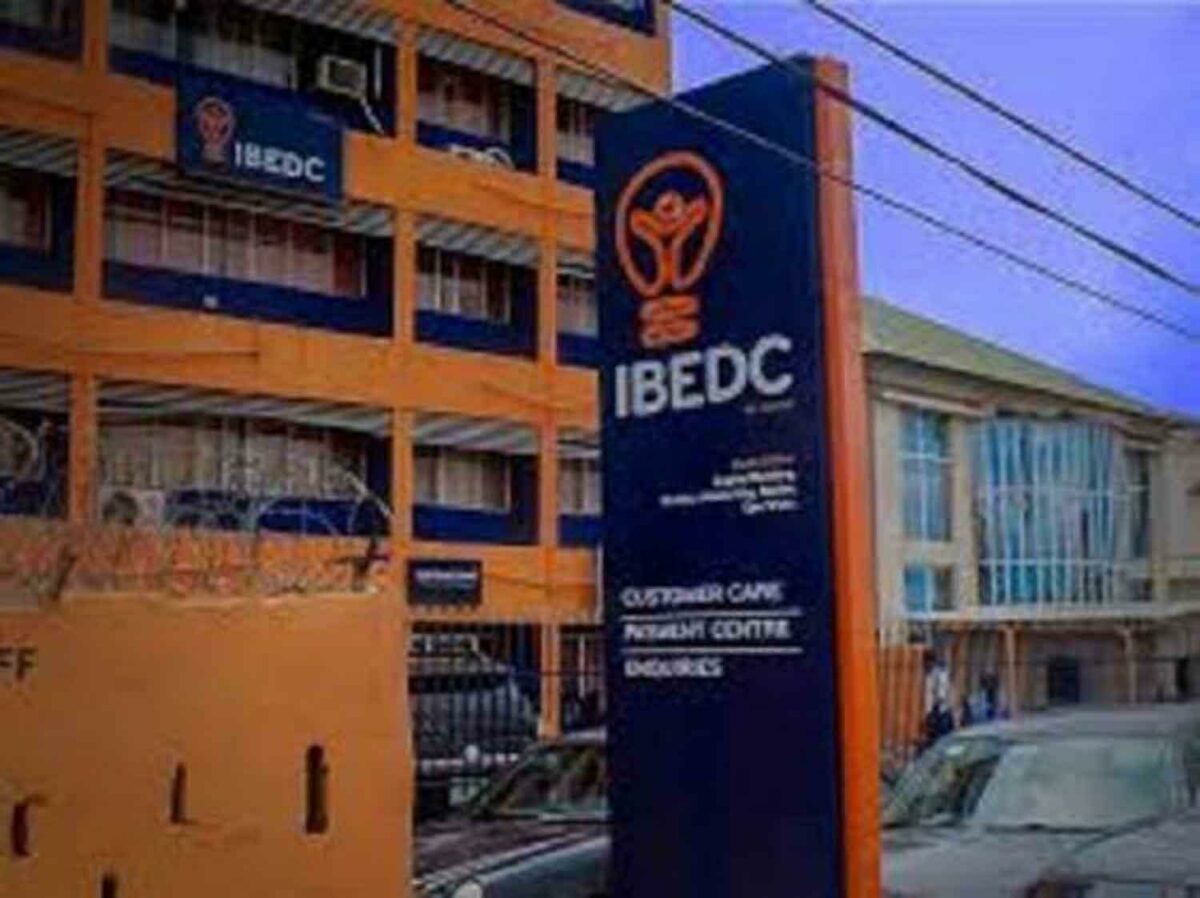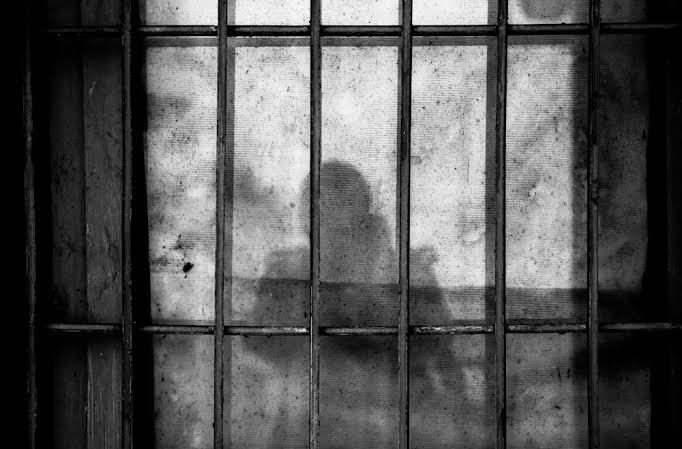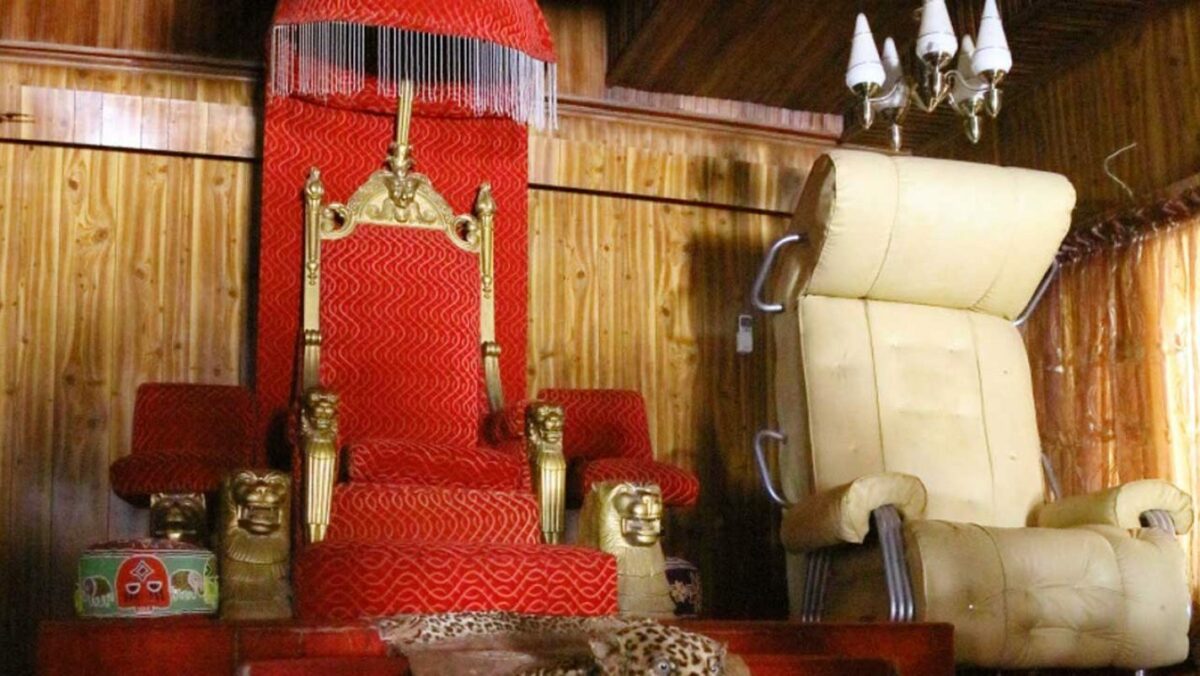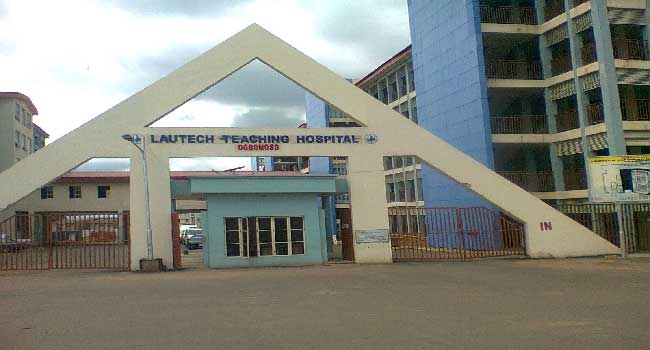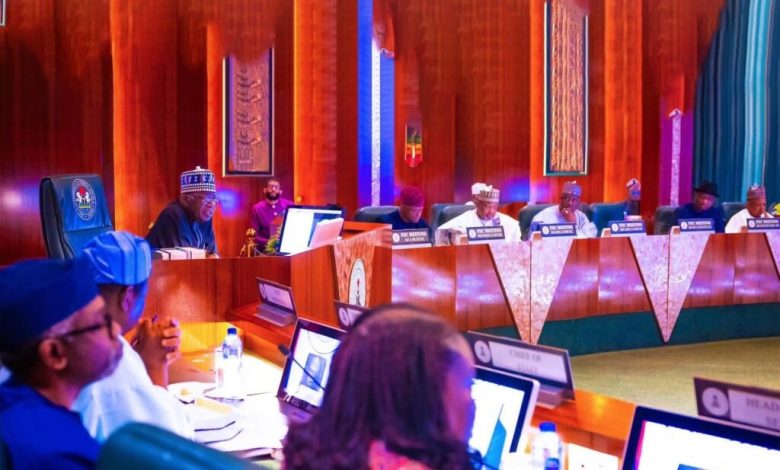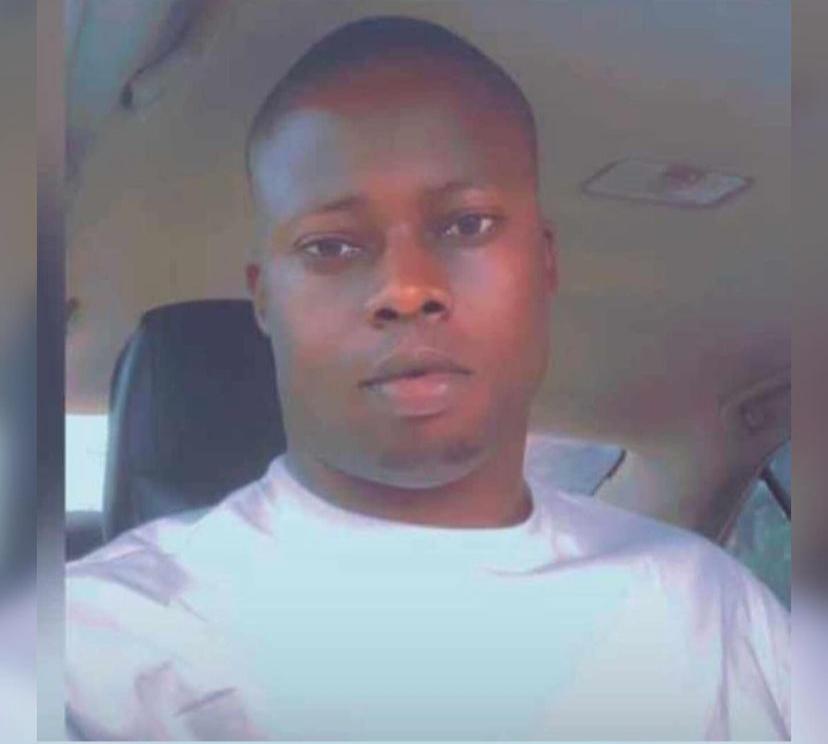As one of the fastest growing regions in the country, one would expect that Lagos State is devoid of some retrogressive political phenomena. Unfortunately, this is not the case. Lagos is among the states with the most reports of electoral violence. This violence has also become a convenient tool in the hands of some individuals with a specific affiliation, FIJ’s JOSEPH ADEIYE reports:
Here’s a sad statement of fact: Nigeria has never had a free and fair election.
‘Free and fair’, a phrase now stale from its overuse in every election cycle, has become only a pipe dream to many with malpractice and violence an ever-present couple in elections.
Lagos has never had an election free of violence too. Every election year, the centre of excellence is counted among the Nigerian states with notable incidents of electoral violence. Hate speech, intimidation, threats, and ballot box snatching precede broken bones and loss of lives.
These stories of violence and impunity have been rewritten every election day. They come like wails against the rushing roar of a locomotive train, disappearing as soon as they are heard.
Ballot boxes are snatched, voters are intimidated, and communities are disenfranchised to preserve a governing hegemony.
Nigeria is approaching another election day as I write this report and the vestiges of malpractice are hiding in plain sight. So, this is a reminder of what happened in previous elections set in Lagos. This is a recollection of how electoral violence and malfeasance worked in the favour of a select group in Lagos.
Interestingly, a closer look easily reveals the violence in Lagos is planned. It is organised chaos; missteps ordered to maintain a status quo. Ordered by who?
PERISH IN THE WATER
“On Saturday, if any one of you goes against the Ambode I pick that is your end. By the grace of almighty Allah I am the owner of Lagos for the time being. If anyone goes against Ambode on Saturday, I swear to almighty God, the person is going to die inside this water,” Rilwan Akiolu, the Oba of Lagos, said just a few days before the 2015 gubernatorial election.
“I am not ready to beg or appeal to anyone o. Asiwaju [Bola Tinubu] and the governor have said… that is your own. What you people cannot do in Onitsha, what you cannot do in Aba, or anywhere… If you do what I want, Lagos will continue to be better for you. If you go against it, you will perish in the water.”
READ ALSO: REPORTER’S DIARY: At Ogun APC Ward Meeting, a PVC Can Earn You ‘Good Money’
Akiolu, the traditional and ceremonial head of Lagos, was speaking with some Igbo leaders in Lagos in April 2015 when he made these statements.
It was an unveiled threat from a traditional leader who claimed to be the father of all in Lagos. This father was not ready to entertain the democratic voices of his children.
Akinwunmi Ambode was the All Progressives Congress (APC) gubernatorial candidate for the 2015 election in Lagos. There were 12 other known candidates vying for the same public office, including Jimi Agbaje of the Peoples Democratic Party (PDP) and Bolaji Ogunseye of Alliance for Democracy (AD).
Babatunde Raji Fashola, the governor of Lagos State, had reached his term limit in the state house, so no incumbent was contesting this election.
Ambode was a new face, Agbaje had already contested for the governorship of Lagos and Ogunseye was relatively unknown to the electorate.
The Oba of Lagos decided to back Ambode to continue a line of succession along the same party that had evolved from the AD to the Action Congress of Nigeria (ACN) and now the APC.
Ambode won the 2015 gubernatorial election with 54.94% of the votes with Agbaje taking 44.64%.
Akiolu’s threat to an ethnic group within Lagos was not the first, and would not be the last, but it was a first from a traditional ruler. It would further embolden others with the same political affiliation to intimidate and violently attack those who chose to support candidates from opposing parties.
A VISIT TO ORILE
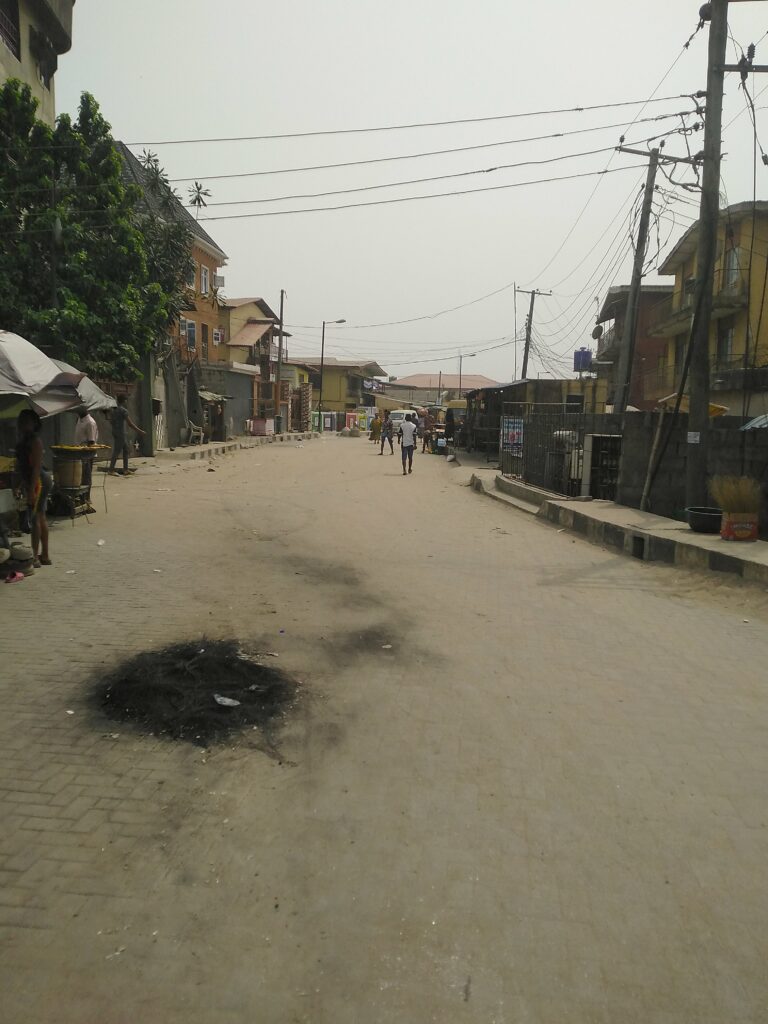
Violence has not been limited to the speeches of a monarch or to the days before an election in Lagos State. I had to ask a few people before I got an abundance of election day violence and malpractice stories.
Kizito Tochukwu told me that he was sitting across the compound housing the polling booth when over a dozen men armed with bottles and clubs drove from one end of Igunnu Street in Orile Iganmu to the polling area and caused mayhem on February 23, 2019.
I made arrangements to meet with Tochukwu in December 2022 to reconstruct one of the blatant assaults on election day in Lagos.
“Orile is a ghetto, but there are parts that aren’t really ghetto,” Tochukwu told me after we had discussed details of the February 23 attack on his street.
“I used to live here until I moved away recently, but I will still vote here because it remains my polling unit.”
Tochukwu did not have to inform me; I had already noticed how Igunnu Street was an Igbo-dominated part of Orile.
Igbo was spoken so freely that I could tell that all of the houses on the long street had tenants from southeastern Nigeria. I would later learn that most of the buildings were also owned by Igbo landlords.
ORILE COMPOUND WHERE BALLOT BOXES WERE SNATCHED
As a large Igbo community, Igunnu Street was a place of interest for politicians who felt threatened by the results emerging from it.
“For 2015, the ballot boxes were here,” Tochukwu waved his left arm at the open space in front of one of the buildings opposite the side we were heading to. The ballot box snatching I witnessed was in 2019 and it was in this compound.
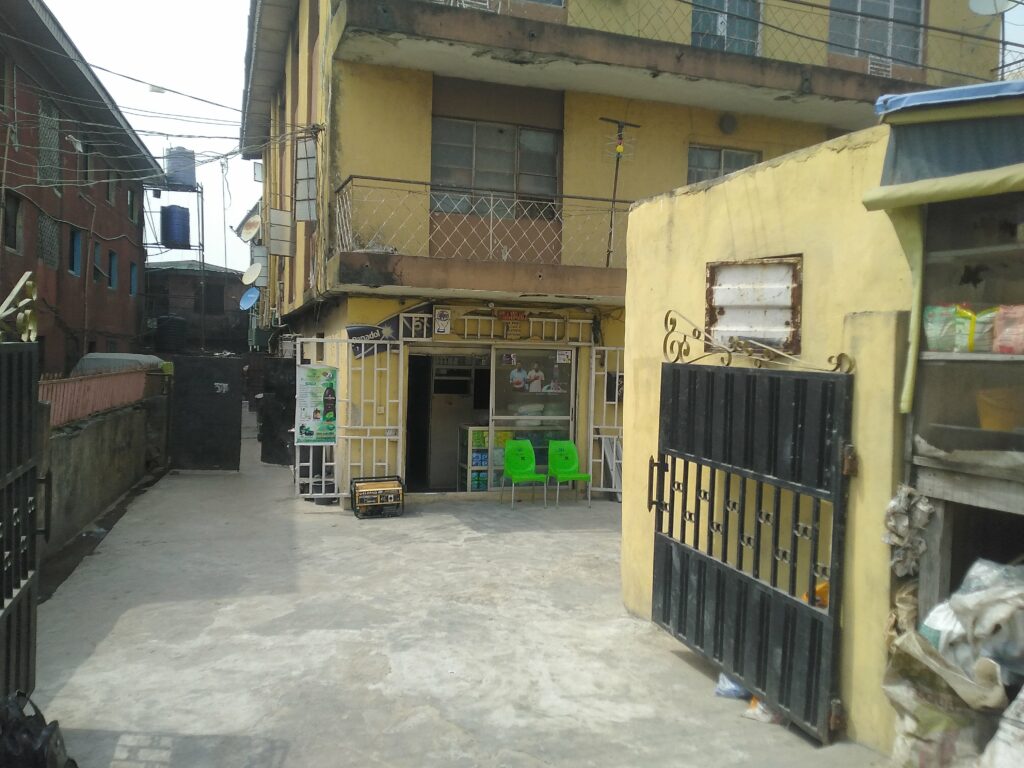
“They actually put the ballot box here for some security and closure. These shops weren’t there; it was just the fence and the gate. The fence was short so when you’re sitting outside you can actually see what is going on inside. This pharmacy was closed, and the polling unit was just here. So, people queued up just outside here and went inside one by one.
“My mum and I voted together. I was right behind her. She voted first and returned home. Then I voted. After casting my vote, my guys and I were idle, so we were just outside drinking opposite the polling unit. We were passing the time and waiting for the voting to end so that the votes could be counted. A minibus drove from down the street at full speed and stopped at this junction by the polling unit. People had made way a bit because of the incoming bus.
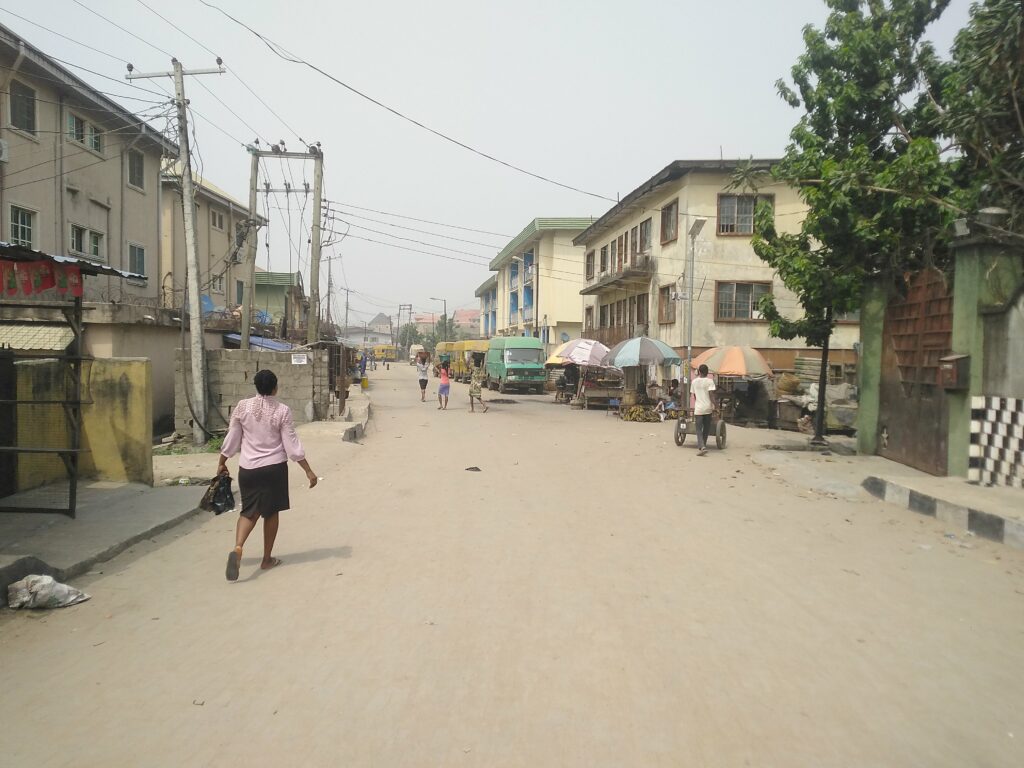
“A number of young men jumped out of the bus, and we could recognise some of them. There was a face I knew from the adjacent street. He was one of those agbero boys who collected money from keke and bikes. Call them NURTW if you like.”
The National Union for Road Transport Workers (NURTW) is a labour union recognised more for its involvements in violence clashes than actual unionism in Lagos.
Some of its members are often accused of participating in electoral violence for political patrons.
“They had a lot of bottles which they broke and threw around carelessly. The voters and everyone around dispersed and those men went into the polling unit to retrieve the ballot box. It was so planned that the guy who took the ballot box went with a motorcycle that had arrived at the scene too. The bus drove off the exact way it came,” Tochukwu explained.
“I don’t want to appear politically affiliated, but we knew that those guys were APC supporters. We knew their affiliation because they collected money from their political leaders. They thought that because this area was Igbo-dominated we were going to vote for the PDP. This place was going to give a lot of votes to the opposition.”
Asked how he was so sure about the role of the APC in the violence targeted at Igunnu street, Tochukwu made it known that it was no secret that the area voted against the APC.
“I voted here in 2015 and in 2019. In 2015, I know that everyone gave it to Goodluck Jonathan of the PDP. In 2019, I am not going to speak for everybody but, this Igbo-dominated place had no affiliation with the APC. The count was going to go against the APC still.”
WHAT THE POLICE FAILED TO DO
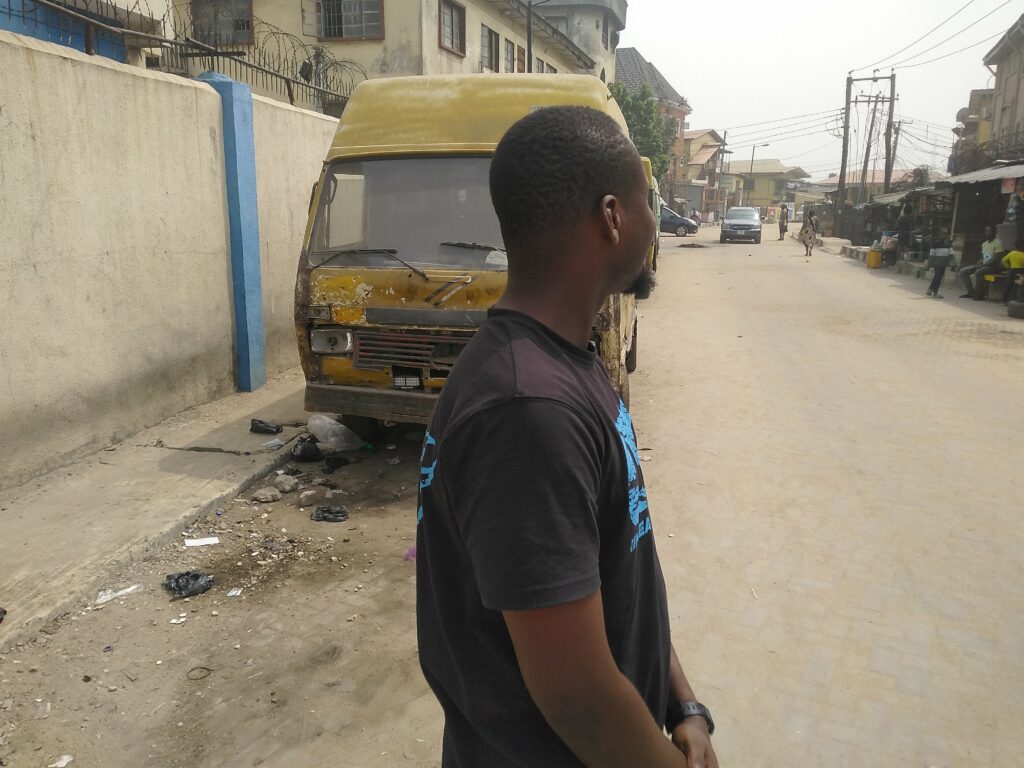
Tochukwu said that when the thugs attacked, no one thought about the police officers who should have been present. It was when they had left that the witnesses wondered why the security officials did nothing in the midst of all that chaos.
“We quickly realised that there was no policeman in sight. Guess what, those police officers came back around ten minutes after the ballot box had gone,” Tochukwu said.
“That shit was organised crime. Why was it that it was at that point that they went to eat and why did they come back immediately after?
“They were here before, keeping orderliness and monitoring the whole process. Afterwards, the first officer said that he went to eat and ever other officer had a story to say about their absence.”
A very angry crowd of voters and residents had gathered to assail the police officers with questions at this point. Tochukwu told FIJ that the INEC officials were unprotected in the ensuing violence and had scampered.
“Everyone was frustrated. The election could not go on without a ballot box filled with used ballot papers. We could only ask why this would happen, why all our efforts would be wasted just like that.”
A few days later, FIJ returned to Orile to ask the Orile Police Division what had really happened in February 2019.
The secretary was swift to inform CSP Joshua Ekerenwen of my presence and I only had to wait for about three minutes before he called me in.
Ekerenwen, the Division Police Officer and head of Orile Police Division, was casually dressed in a shirt with short sleeves. The first two buttonholes in his shirt were unoccupied. Ekerenwen was very eager to attend to me until I told him that I came to ask questions about election and security.
“Oh sorry, I cannot not answer your questions. You have to meet the PRO,” Ekerenwen told me.
“All questions on the election must be forwarded to the PRO. That’s the instruction now.”
“The PRO here or in Lagos?” I asked.
“In Lagos.”
“Benjamin Hundeyin?”
“Yes.”
I had not told him that I needed the specifics of the 2019 election in Orile. Another question about the police in Orile was rebuffed and Ekerenwen refused to even say if he was newly transferred to Orile. He made it clear that he was not entertaining any questions.
Not an entirely wasted trip. Ekerenwen saved me the trouble of being turned back in the same fashion after going to other police divisions in other areas affected by electoral violence in Lagos.
Hundeyin, the public relations officer of the Lagos Police Command, failed to answer his calls. He also failed to respond to a text asking for an audience to discuss the conduct of police officers in Orile on that election day.
INTIMIDATION IN AGUDA, IFAKO IJAIYE
Tochukwu had told me that what happened in Orile Iganmu occurred even in neighbouring communities.
“Just behind the canal at the end of this Igunnu street is Aguda,” he said.
Aguda is a suburb in the Surulere Local Government Area of Lagos. Aguda, just like Orile Iganmu, has a large Igbo community. It also suffers electoral persecutions similar to those orchestrated in Orile Iganmu.
“What the APC people are doing in Surulere is something that shouldn’t be done. This isn’t something that should be done in a democratic nation, but it is going on right now and no one is talking because everyone is scared. I will talk strictly about what goes on here. Hijacking ballot boxes has become normal. They go to places where they suspect there are oppositions, where people might not vote for the APC, and send boys with guns and cutlasses to snatch the ballot box,” Victor Sylvanus, an Aguda resident, told me.
“Also, voter card collection is a disturbed process. In the last exercise, I couldn’t collect my card because someone had collected it in my place. I insisted that I had not received my voter card and they eventually returned it to me. One of the APC women leaders was with it. It is happening again. This time around, they are telling people that their voter card isn’t available yet and there is no reason offered for this. Since last year, there has been a lot of voter suppression going on here.
“They scare and intimidate people and even the police officers connive with these party elements. The threats make people scared to come out and vote because these people will always come around to look for someone to hurt. They target their victims to beat up. In the Igbo dominated areas to be precise, they drag ballot boxes with guns and weapons. They believe if they do all of this, it will be to their benefit or in their favour. “
READ ALSO: REPORTER’S DIARY: Ogun PDP Members Envy APC Money and Can’t Wait to Take Power
Bright Idigu, a leader of the political support group Take Back Nigeria in Ifako Ijaiye, had a personal appointment with the fists of political mobsters simply because he was a supporter of an opposition candidate.
“I have been living in Ifako Ijaiye since 1996,” Idigu noted.
“On the second day after INEC announced PVC collection (December 13), some of my fellow residents in Ifako Ijaiye were yet to know about the process. So, they asked me about the location to retrieve their voters card from. I located the office where the PVCs were being shared. As the process progressed, I decided to make a video of the process just to take home and show others who were not sure about the whole thing.
“An INEC official approached me and questioned me, asking why I was making a video. Others also joined. They weren’t INEC officials but they attacked me because I was monitoring the situation. Someone came over and said that I am ‘one of those IPOB members attacking the INEC offices’. He probably said this because I was wearing a Labour Party face cap. I had barely defended myself before they assaulted me and called the police to come get me. Some police officers even slapped me.”
According to Idigu, those against him seized his phone and deleted the photos and videos he had recorded on his phone. The DPO sent the officers who came to take him. It took the assistance of other acquaintances who called the assistant commissioner of police who then called the DPO before Idigu could leave police custody that day.
Idigu told FIJ that the police had no business arresting him since he did nothing wrong. Others were making videos and taking pictures like he did too. Idigu told this reporter that he believed the people who attacked him just wanted to prevent Labour Party members from exercising their rights. They were attending to people they knew were APC members nicely, he claimed.
“Ifako Ijaiye is a remote part of Lagos where rigging of elections is easily carried out. There has been a lot of malpractice carried out here during election season. There is a polling unit located inside an oba’s residence. His name is Oba Lambe. This is not supposed to be so,” Idigu said.
“There are places where we had planned to use for party meetings, but the landlords would be warned and threatened, and we would be told we could not use those venues for our meetings anymore. The agberos here prevent people from pasting posters for parties such as the Labour Party.
“These agberos will tell you wholeheartedly that they are working for the APC. Some of them have told me that they don’t necessarily like the APC but they have no choice but to work for them if they don’t want to lose their jobs within the union.”
THE SNATCH
The subversion of the electoral process on election day is seldom captured on tape, but Mushin has provided one of the most brazen ballot box snatchings on video.
In this footage, thugs are seen moving the ballot boxes to a different location, perhaps not approved by INEC. According to a source, this happened on Imoru street in the Mushin area of Lagos during the 2019 election.
Like Tochukwu’s Orile Iganmu neighbourhood, no police or security official was present to stop this mob action. This is despite the fact that Mushin has had an antecedent of electoral violence.
Police officers witness these snatches and stay quiet on other occasions, Samuel Tonade told FIJ.
“I shy away from elections. I decided to vote that one time,” Tonade told FIJ.
He told me that he was never going to vote in elections anymore because of the malpractice he witnessed.
“We went out to vote in Ladipo. From nowhere, thugs came with weapons to carry the ballot box and the police just stood there looking. But like the one that happened in Mushin then, I’m pretty sure it will be the same way again. I haven’t seen any changes since forever,” he said.
“My street isn’t far from the street of Alado, the Mushin godfather. Every election they just organise the voting papers and people, with or without PVCs, to thumbprint. They throw away votes of people that did not vote for their perceived candidates. I say so because I saw my own ballot on the street where I voted the next day.”
According to Tonade, Mushin residents see election violence as a normal phenomenon. They use thugs to vote through underground godfathers in this city of thugs.
Since these thugs are so frequently used, I assume residents know these godfathers or political parties that may be using these thugs in particular.
Tonade agreed with me that there were names. “The top three names you’ll hear of Alado’s boys are: Olori Esho, Aloma and No Case,” he said.
Tonade, however, told me to give up on questioning which political parties they worked for.
THE BOSS
I had seen videos, heard a lot of personal stories and listened to eyewitness accounts to know that these stories of electoral violence in Lagos aren’t tall tales. I really needed to speak with a perpetrator or a member of the accused institutions.
The first person who came highly recommended was Musiliu Ayinde Akinsanya, the leader of the erstwhile NURTW in Lagos. Akinsanya is now recognised as the Chairman of Lagos State Parks and Garages Management, but he remains the same MC Oluomo.
Akinsanya, the unimpeachable boss of the agberos in Lagos, is the boss who never separated from politics. He has pitched his tent with the APC, attended APC party events and announced his partnership with Tinubu on several occasions.
The boss was the ideal person to question but he was not available for an interview, close contacts said.
READ ALSO: Seyi Tinubu Inadvertently Exposes ‘Money Inducements’ Agenda at Tinubu Campaign Meeting
Although Akinsanya was not available, our contact was a subordinate of his. Muritala Alawaye is the chairman of the NURTW CMS/Odunlami Phase 1 branch.
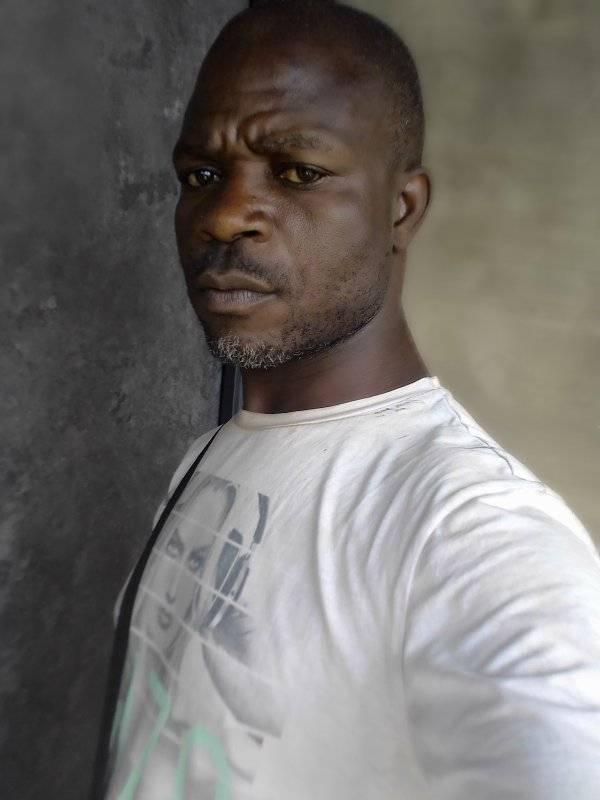
I met with Alawaye under uncomfortable conditions in the latter days of March 2022.
Scores of discoloured eyes continued to peer at us right from the opposite concrete bar where 20-something agbero were crammed in. Once, a rude subordinate of the NURTW boss came to ask why the interview was taking so long.
Alawaye told FIJ that he had always been working for the APC. To say that Alawaye expected all his subordinates to do the same without question would be putting it mildly.
“I have always supported the APC and will continue to support it. We were known as AD back then before we became Action Congress. I have not gone to any other party for about 20 years,” Alawaye told FIJ.
“We do not groom betrayers here. In our neighbourhood, whatever party the leaders support is what the followers support too. They have to do what we the leaders do, even when we are not present. We can order them to do things and trust them to deliver.”
When I asked Alawaye what he wanted delivered for his neighbourhood, he said that all he wanted was peace.
“We don’t want any trouble in Lagos; that’s what we pray for. What all the chairmen are tasked with is to secure their polling areas during elections.”

FIJ made multiple attempts to contact Ojelabi Cornelius, the chairman of APC Lagos Chapter, but met brick walls.
The only Facebook profile acting in Cornelius’ name failed to respond to FIJ’s message.
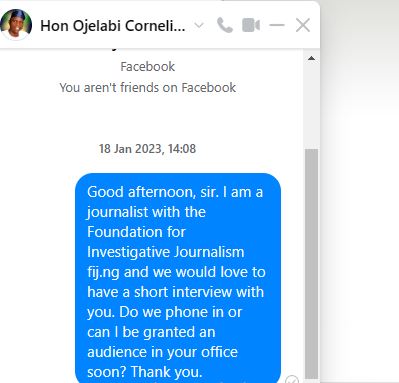
FIRE FOR FIRE?
While writing this report, I saw more reason to worry about the culture of electoral violence in Lagos. Another mob may already be growing: the opposition mob.
There is a group of people who believe that the electoral system is not working properly in Lagos, so they’ve decided to consider taking the law into their own hands.
Shehu Gazali Sadiq believes that “Tinubu’s thugs” must be taught “bitter lessons” in 2023.
“Nigeria belongs to all of us. Nobody has monopoly of violence,” Sadiq tweeted in July 2022.
“You spoke my mind… Violence is the last card,” one replied.
Another said: “If you want peace, prepare for war.”
This particular tweet amassed over 5,000 likes and retweets. There are so many people already resonating with this idea to fight violence with more violence, but two wrongs don’t make a right.
It is another problem with the deliberate cultivation and utilisation of a violent mob: another mob emerges to outdo the incumbent mob.
INEC’S 2019 REPORT
18 months after the 2019 election, INEC published a comprehensive report on the conduct of that election.
The report came in August 2020 but insisted that the 2019 election was a success in its summary.
However, a zoom in on the challenges in Lagos highlights serious malpractice that cannot be avoided.
“Violence and disruption of electoral processes was recorded during the presidential/National Assembly elections in the Okota area of Oshodi- Isolo,” the report read in part.
“The Electoral Officer of Eti-Osa was also held hostage by men of the Nigerian Army during the Presidential/ National Assembly elections, just as two RATECHs were detained by the military in Agege and Mushin LGAs.
With the “nonchalant attitude and lack of commitment of some transport union drivers; attack on poll officials, snatching of election materials by thugs and hoodlums in some LGAS; corrupt inducements of voters with impunity; absence of adequate number of security personnel in some polling units and registration centres”, the 2019 election was still regarded as a successful election by the standards of Lagos.
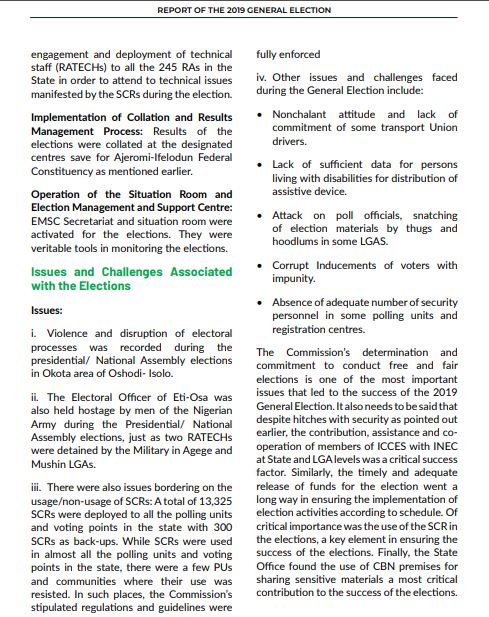
INEC is yet to find the answer to preventing attacks on its poll officials or making transport unions honour memoranda of understanding.
Violence and disruption of the electoral process continues to feed voter apathy in Lagos State. Intimidation is alive and kicking.
Power has made the perpetrators of electoral violence very bold in some areas in Lagos. This power is granted by authority, the authority which should quell the violence of the mob, but the authority looks forward to patronising the mob on February 25, 2023.
This report was produced in partnership with the Centre for Democracy and Development (CDD).
Subscribe
Be the first to receive special investigative reports and features in your inbox.


